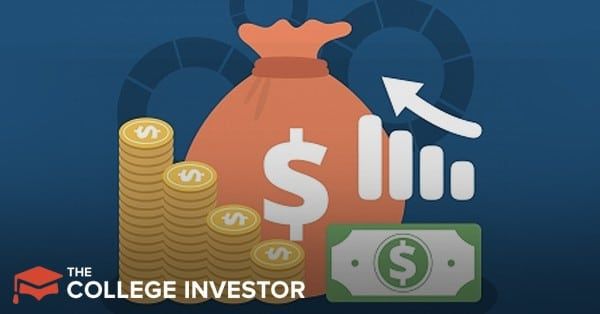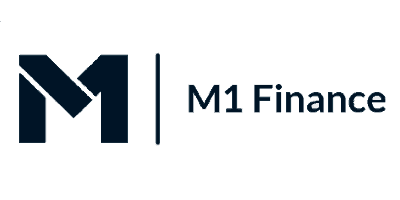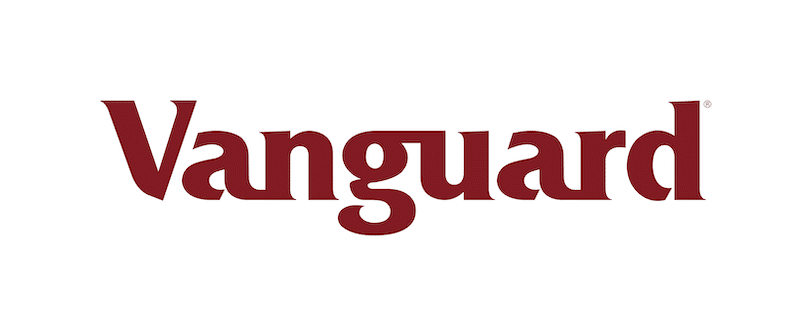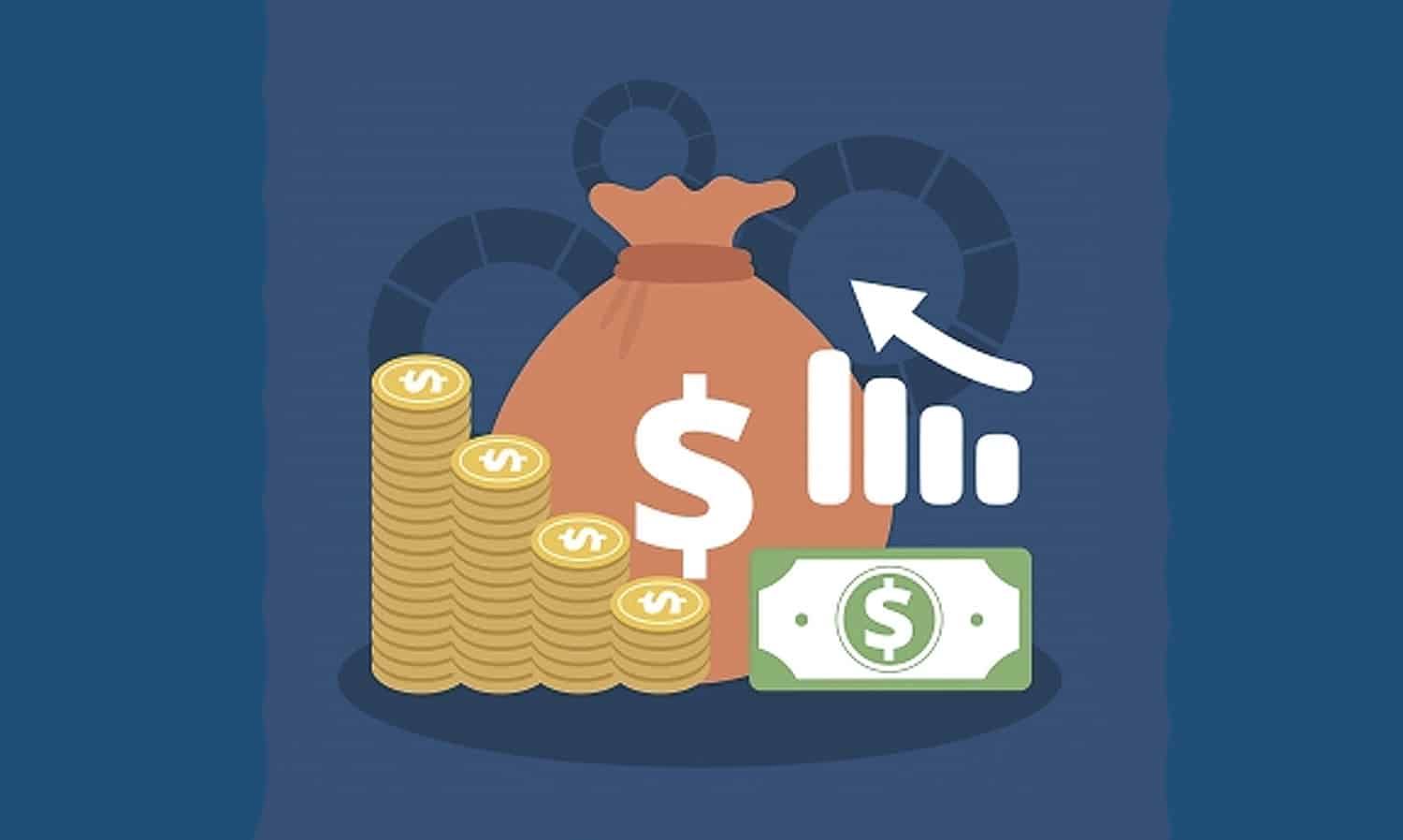
You've likely heard that investing is important. You've probably heard that investing is the best way to grow your money over time. But what exactly is investing, and how do you get started?
According to the dictionary, here's the definition of investing.
Investing: to expend money with the expectation of achieving profit or material result by putting it into financial instruments, shares, property, or by using it to develop a commercial venture.
Basically, the goal of investing is to commit money, and in return that money will grow. However, investing involves risk. Whenever you're not holding your money in your own bank account, there's a risk of loss. With some investments, the risk is low; with others it's high. The higher the risk, the more you'd better potentially earn to take that risk.
You can honestly get started investing with any amount, even $5. However, if you invest with just $5, it's tough to have many options that can grow your money. And even seeing a 100% return on your investment will only grow that $5 into $10. While impressive, it's still not a lot of money.
So let's talk about ways to start investing with $1,000. $1,000 is a good amount to start with because you'll minimize fees while still being able to see a decent dollar-value return. Here's some ways to start investing:
1. Stocks, Mutual Funds, ETFs
The most traditional way to start investing is to invest in equities - stocks, mutual funds of stocks, or ETFs made up of stocks. This is what you hear about on the nightly news - the stock market goes up or down.
The reason most people think that equities are the way to go is because stocks have an average 7% return over the last 60 years. That's much higher than other investments, while also being less risky. However, the risk still exists - and investing in individual stocks is risky because that single company can go out of business.
That's why it's important to look for:
- A diversified portfolio, mutual fund, or ETF to invest in that minimizes risk
- Low fees or no fees to invest or open your account
- The lowest expense ratio on your mutual fund or ETF possible
If you want to start investing, we recommend opening a Roth or Traditional IRA at M1 Finance. M1 Finance is one of the first truly free investing platforms. You can build your entire portfolio and invest for free. Check out M1 Finance here.
Here are some other choices for brokerage companies to open an account at.
Header |  |  | |
|---|---|---|---|
Rating | |||
Commission | $0 | $0 | $0 |
Min Investment | $0 | $0 | $0 |
Cell |
2. Bonds And Treasury Securities
The next most common way to start investing is by investing in debt. That sounds scary, but that's what bonds are, and they are incredibly common. You might have received savings bonds when you were a child, and savings bonds are investments in debt issued by the U.S. Government.
You can think of investing in bonds as lending money to the government or a corporation, and in exchange, they pay you interest. Treasury bonds are very "safe" in that they are backed-up by the U.S. government. They also pay very little to hold them. Corporate bonds pay more interest, but they are more risky because just like stocks, the company could go bankrupt.
There are a lot of ways to invest in bonds and Treasury Securities, but the two most common ways to invest are:
- Directly through the U.S. Treasury at Treasury Direct
- Through your brokerage, either by purchasing individual bonds or more commonly by investing in a bond mutual fund or ETF
3. Invest With A Roboadvisor
If #1 and #2 sounds a little confusing for you, then investing with a Roboadvisor might be a good choice for you. A Roboadvisor is an investment management firm that automatically allocates your investments between stock and bond ETFs. Unlike a traditional financial advisor, computer software does much of the work.
The result? More automation, less fees, and easier to access your money if you need it.
The most popular Roboadvisors are:
- Wealthfront -You can start investing here for as little as $500.
- Betterment - You can start investing here with $10, but they charge 0.25% (digital) - 0.40% (premium).
Check out our full list of the best robo-advisors.
Header |  | ||
|---|---|---|---|
Rating | |||
Annual Fee | 0.25% to 0.40% | 0.25% | 0.30% |
Min Investment | $10 | $500 | $50,000 |
Advice Options | Auto and Human | Auto | Auto and Human |
Checking | |||
Cell |
4. Stock Options
Stock options are a riskier way to invest in the stock market - because unlike actual stocks, these are contracts that allow you the "ability to buy or sell" a stock. You can buy calls, which are options that expect a stock to rise in price, or puts, which expect a stock to fall in price.
Investing in options can get very complicated because you can create various spreads that allow you to target certain prices and events on a stock. At the same time, options are very popular because you can invest in stock options with very little money, and you can see large returns.
If you're considering investing with stock options, we highly recommend Schwab to get started. They have an options platform called thinkorswim, which is one of the best options trading platforms available to investors at no additional cost.
See our full list of the best places to trade options here.
Note: Stock options are different than equity option compensation. If you have stock options as part of your compensation package, check out Equitybee to understand your choices to invest.
5. Real Estate
Real estate is a popular way to start investing, but historically, you've had to have a lot of money to get started. However, in the last several years, a new way to invest in real estate has emerged that has lowered the bar to entry to just $1,000.
Crowdfunded real estate allows you to join other investors to pool your money to invest in a property - very similar to peer to peer lending. The great thing about this is that there are low minimums – depending on the platform you use, you can invest as little as $1,000 and be an owner in a property. Also, you don't have to be an accredited investor to get started - anyone can do it.
We recommend the following for investing in crowd funded real estate:
- Fundrise - Fundrise is a real estate investment trust that allows you to invest in a basket of real properties for as little as $500. It's a great way to get started with some exposure to real estate. Learn more about Fundrise here.
- RealtyMogul – RealtyMogul offers investors a variety of properties to choose from, including residential, mixed-use, commercial and retail. They don’t charge their investors fees, instead placing that burden on the property holders. Investors can start seeing a return just a few weeks after the project is funded. Check out RealtyMogul here.
If you’re curious about more options, we compared all of the major real estate crowd funding sites here.
6. Precious Metals
Another way to start investing is to invest in precious metals. Investing in gold and similar metals gets a very mixed review - some people are strong believers in it while others are very anti-precious metals. Both views have some merit.
The argument for investing in precious metals it that metals are tangible and hold their value. Those against investing in gold and precious metals argue that gold has no commercial value, and it doesn't pay dividends - it's basically a rock that sits in a safe somewhere, and you're hoping others will pay more for it than you did.
So what do the facts say? Over the past 30 years, the price of gold has risen 335%. At the same time, the Dow Jones Industrial Average has risen 1,255% - almost 4x more. As you can see, it's not a bad place to park your money, but you won't earn as much as stocks over the long run.
As such, gold should be viewed more speculative - you're counting on people to panic and the price of gold to rise. Just keep that in mind.
So where do you invest in gold and precious metals? The most common ways are:
- Buying a gold or precious metals ETF at your brokerage
- Buying physical gold, such as gold coins directly from the U.S. Mint
- Buying from gold and precious metal brokerage like Apmex or Vaulted
7. Commodities
Commodities are tangible items that you can invest in through futures. For example, common commodities to invest are oil and natural gas, and agricultural products like corn, cattle, soybeans, and more.
When you invest in commodities, you're counting on supply and demand to drive the price of the commodity higher than what you paid for it. You typically purchase a future contract, which sets a price. If the market price is higher than your future contract, you're making money.
The most common way for investors to invest in commodities with just $1,000 is through ETFs or ETNs. These are traded on the stock market - here's a list of ETFs and ETNs that invest in commodities.
Cryptocurrencies also fall into the commodities space. You could look at buying Bitcoin, Litecoin, Ethereum, or countless other alt-coins.
See our list of the best cryptocurrency trading platforms.
8. Lending Money To Others
Another popular way to invest $1,000 is to lend money to others. This can be risky, because now you're not just counting on companies, but you're counting on individuals to pay you back with interest. But there are platforms that allow you to do this easily, and by spreading out small loans of just $25, you can minimize the risk of default.
This probably shouldn't be the first way you invest, but it is a good option once you have a solid portfolio going.
One of the most popular ways to lend money right now is through real estate loans. Check out these options:
- Peerstreet: You can lend money to fund fix and flip projects on their platform. Read our Peerstreet review here.
- Groundfloor: This is a competitor to Peerstreet that also offers peer to peer lending. Read our Groundfloor review here.
9. Certificates Of Deposit
Certificates of Deposits (CDs) are some of the oldest ways to invest. They are very safe investments, but offer much lower returns than other investment options. CDs are offered by banks in a similar fashion to bonds. You agree to lend your bank money for a set period of time, and they will pay you a flat interest rate on the loan.
The two most common ways to invest in CDs are:
- Through your bank or credit union directly. You typically open a new account for the CD.
- Through a brokerage that has affiliations with multiple banks and credit unions across the country. This can typically earn you a higher return because you're shopping around.
We maintain a list of the best CD rates here, or you can check out our favorite CD at CIT Bank.
10. Collectibles
A much less common way to invest, but still viable if done right, is by investing in collectibles. This is one of those areas that's very high risk, but could potentially be high reward.
Collectibles can include everything from art, to coins, to comic books, and more. Almost anything can be a collectible if it's rare and other people want it. Some of my favorite "random" collectible items include vintage beer cans, old antique medical devices, and vintage type writers.
New age collectibles include fine wine and spirits. In fact, Vint, allows you to invest in fine wine and spirits. You can buy shares in collections of rare wines and spirits and share in any upside (or downside). Check out Vint here.
If you're considering getting started investing in collectibles, make sure you do a lot of homework and get educated first. This is also an area where there are a lot of investing scams. It's also important to remember that collectible investment gains are taxed at a much higher rate that other investments - which is your ordinary income tax rate (not the special 20% for capital gains).
Where to buy collectibles really depends on the item. You can go online to places like eBay, or go high end like auction houses like Sothebys or Christies.
A Reminder About The Different Ways To Start Investing
There are a lot of ways to start investing. We covered most of the majors ways to start investing with just $1,000. If you have more money, it opens up even more investment options. However, most are still variations on these themes above.
The important thing to remember with all of these different ways to start investing is that you still need to do your homework and be educated about whatever you invest in. You should know why you're investing, and what to expect.

Robert Farrington is America’s Millennial Money Expert® and America’s Student Loan Debt Expert™, and the founder of The College Investor, a personal finance site dedicated to helping millennials escape student loan debt to start investing and building wealth for the future. You can learn more about him on the About Page or on his personal site RobertFarrington.com.
He regularly writes about investing, student loan debt, and general personal finance topics geared toward anyone wanting to earn more, get out of debt, and start building wealth for the future.
He has been quoted in major publications, including the New York Times, Wall Street Journal, Washington Post, ABC, NBC, Today, and more. He is also a regular contributor to Forbes.
Editor: Claire Tak Reviewed by: Chris Muller
